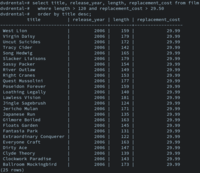
Photo from wikipedia
We explore two ways of distinguishing the semantic operation of kind terms. First, we focus on a distinction between terms with a flexible versus terms with an inflexible semantics. Flexibility… Click to show full abstract
We explore two ways of distinguishing the semantic operation of kind terms. First, we focus on a distinction between terms with a flexible versus terms with an inflexible semantics. Flexibility depends on whether some changes in the domain of application are taken to be possible while being consistent with past usage and what is intuitively the same meaning. On the other hand we discuss terms whose mode of operation is tolerant, in that the cohabitation in the speakers’ community of more than one use or practice of use of the term in question is accepted. Those terms contrast with terms that operate in a strict way restricting severely the legitimacy of different uses that cut the domain of application in different ways. Among the latter we include terms with an ethical component and terms whose correct application involves high stakes. These distinctions are not new, since the phenomena that we identify as flexibility and tolerance have been observed, although in our view they have not been properly systematized and assessed. We argue that the two distinctions throw light on the bases of some disputes and on some legal disagreements.
Journal Title: Synthese
Year Published: 2018
Link to full text (if available)
Share on Social Media: Sign Up to like & get
recommendations!